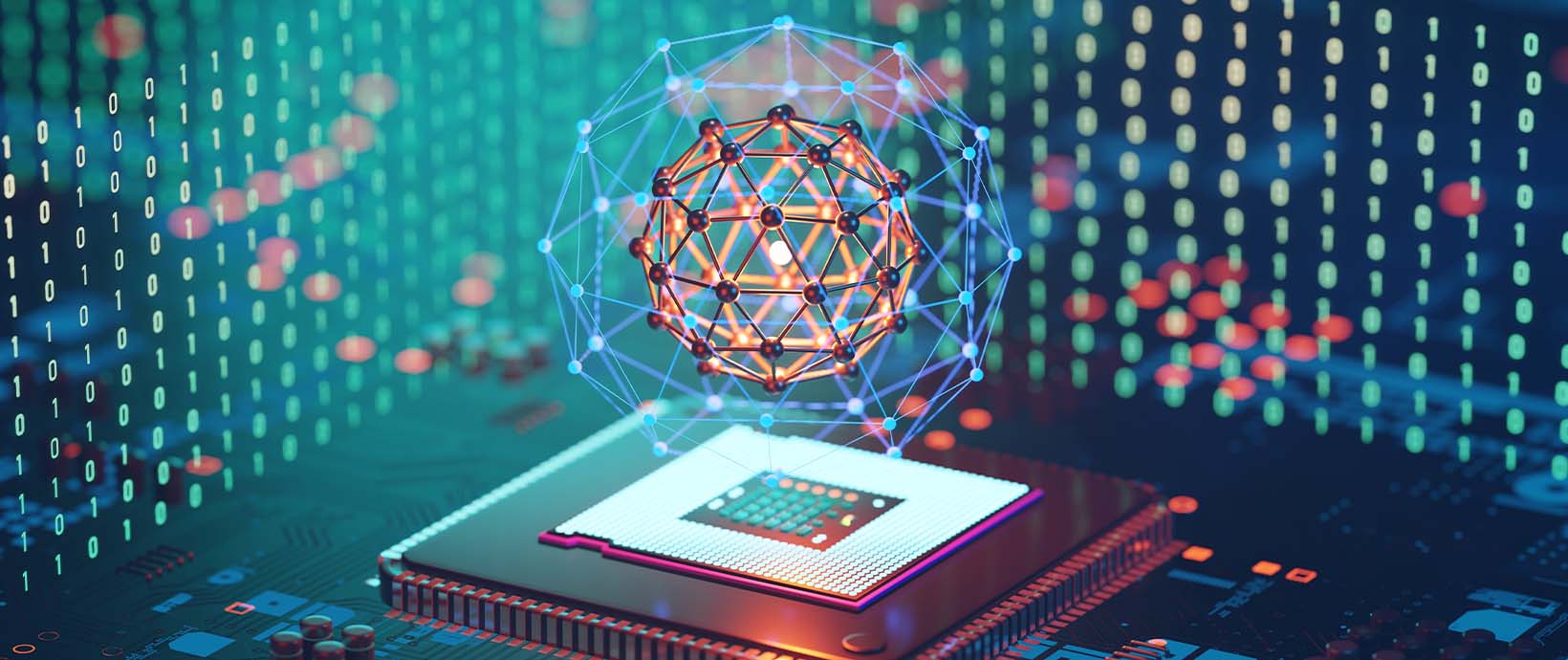AI Agents: Revolutionizing the Future with Intelligent Automation
Artificial intelligence (AI) is reshaping the way we interact with technology, driving significant advances in automation, decision-making, and problem-solving. One of the most exciting developments within AI is the rise of AI agents—autonomous systems designed to perform tasks, make decisions, and assist humans with complex problems. These agents utilize various AI technologies to function autonomously or semi-autonomously, including machine learning and generative AI (genAI). In this article, we’ll explore the concept of AI agents, their capabilities, and how they’re impacting industries worldwide.
What is an AI Agent?
An AI agent is an entity capable of perceiving its environment, reasoning about it, and taking actions to achieve goals. AI agents process input (data, sensory information, or user queries), analyze it, and make decisions based on predefined goals or learned patterns. They range from simple rule-based systems to more sophisticated, self-learning algorithms. AI agents can be integrated into software applications, devices, and other platforms to perform tasks autonomously or together with people.
Key characteristics of AI agents include:
- Autonomy: AI agents operate independently to carry out tasks with minimal human intervention.
- Adaptability: Agents learn and adjust their actions based on feedback and changing environments.
- Goal-directed behavior: AI agents are designed to achieve specific objectives, such as answering queries or solving complex problems.
- Interactivity: Many AI agents interact with users through interfaces, such as voice recognition or user-friendly dashboards.
GenAI in AI Agents
While AI agents encompass a variety of approaches, one of the most notable technologies driving their evolution is genAI. This form of AI can create content, make decisions, and provide solutions that previously required human intervention. GenAI enables agents to produce new outputs based on existing data, such as generating text, images, or even predicting outcomes from complex datasets.
However, genAI isn’t the solution for every challenge. AI agents can also rely on traditional machine learning techniques or business rules, depending on the task at hand. For example, simpler tasks, like data categorization or rule-based decision-making, might not require generative models’ complexity. Instead, these agents can leverage more straightforward traditional machine learning algorithms or business rules to perform tasks.
AI Agents Use Cases
AI agents are increasingly being deployed across various sectors to streamline operations, improve efficiency, and enhance customer experiences.
Customer Service and Support
AI-powered virtual assistants, such as chatbots and voice agents, are transforming customer service. These agents can handle a range of customer inquiries, from answering basic questions to resolving complex issues. While genAI can enhance the personalization of responses, some interactions may still rely on rule-based systems to handle frequently asked questions.
Aerospace and Automotive Industry
AI is transforming the aerospace and automotive industries. In aerospace, AI helps predict maintenance needs by analyzing sensor data, reducing the risk of failures. In automotive manufacturing, AI improves efficiency by streamlining assembly lines. Machine learning excels at detecting patterns, while genAI supports innovative design and simulation processes.
Healthcare and Medical Assistance
AI agents in healthcare and life sciences are used to support both medical professionals and patients. Machine learning-powered diagnostic tools can analyze medical images, patient records, and genetic data to suggest treatments. In these contexts, traditional machine learning models often complement genAI, offering predictions without needing to generate new content.
Financial Services and Trading
AI agents are used in the banking and financial sector for algorithmic trading, fraud detection, and risk management. These agents analyze vast amounts of market data and execute trades based on patterns. In these scenarios, traditional machine learning models excel at detecting anomalies, while genAI can help forecast future trends.
Manufacturing
AI agents are revolutionizing Industry 4.0 manufacturing by optimizing production, improving quality control, and enhancing supply chain efficiency. By analyzing data from Internet of Things (IoT) devices, these agents can monitor equipment performance, predict maintenance needs, and automate adjustments to production lines. In smart factories, AI systems make real-time decisions to reduce downtime and increase output, creating a more agile and cost-effective production environment.
Human Resources and Recruitment
In recruitment, AI agents automate tasks like resume screening and interview scheduling. These agents can assess resumes, analyze historical hiring data, and predict candidate success. Although genAI can help create job descriptions, traditional machine learning models are more commonly used in evaluating candidate skills and qualifications.
Personalized Marketing and Recommendations
AI agents help personalize user experiences on e-commerce and content platforms by analyzing behavior and preferences. They recommend products or content tailored to individual users. Here, both genAI and traditional machine learning techniques can be used to generate recommendations based on user data and past behaviors.
Challenges
The adoption of advanced automation and decision-making systems presents significant challenges in governance and trust, especially in sectors like healthcare, HR, and finance. Ensuring oversight requires clear policies and strong governance frameworks to maintain accountability, consistency, and transparency. Organizations must implement robust systems to monitor and control these technologies, ensuring decisions are understandable and traceable. Additionally, as these systems take on more decision-making roles, businesses must establish safeguards to prevent errors or misuse, building trust among users and stakeholders.
Conclusion
AI agents are set to revolutionize industries by automating tasks, enhancing decision-making, and improving the customer experience. The integration of genAI alongside traditional machine learning models and business rules provides businesses with flexible, scalable, powerful solutions. As AI evolves, the role of AI agents will continue to expand, unlocking new possibilities for innovation. However, ethical considerations must remain at the forefront to ensure AI agents are deployed in ways that benefit society and don’t exacerbate discrimination, bias, lack of transparency and privacy, and beyond.
To learn more about Altair’s AI agent capabilities, visit https://altair.com/altair-rapidminer.




